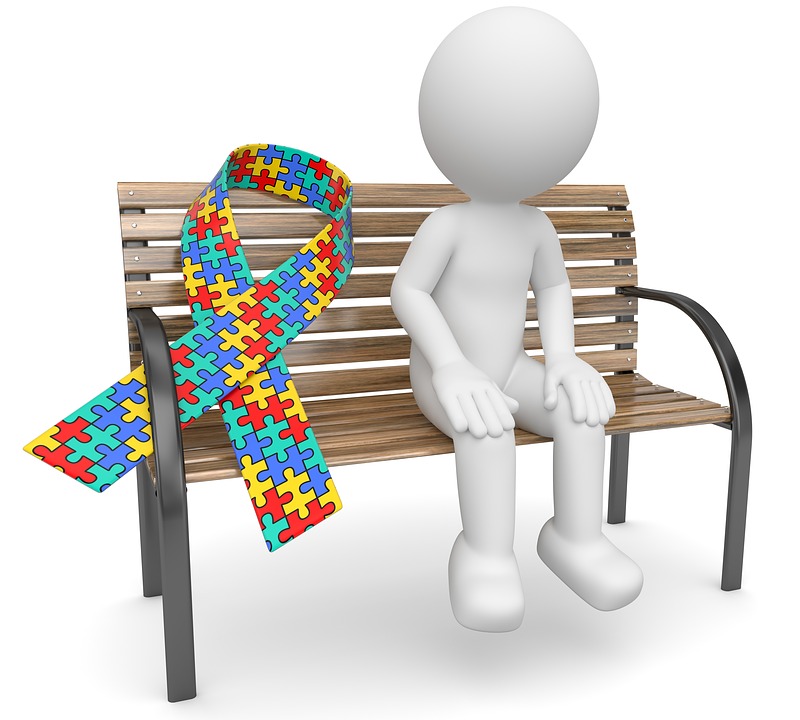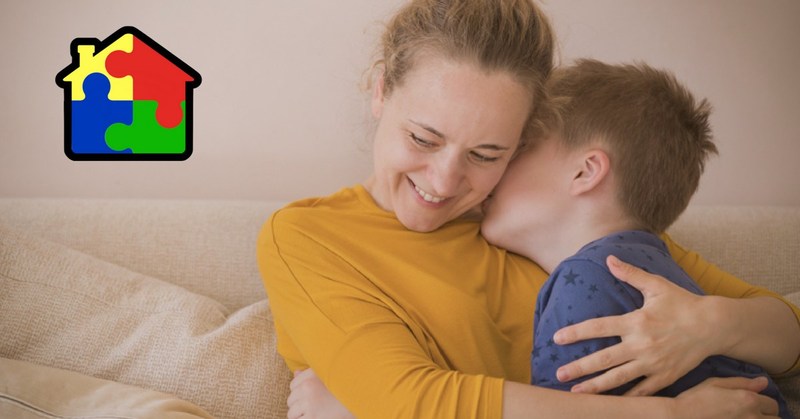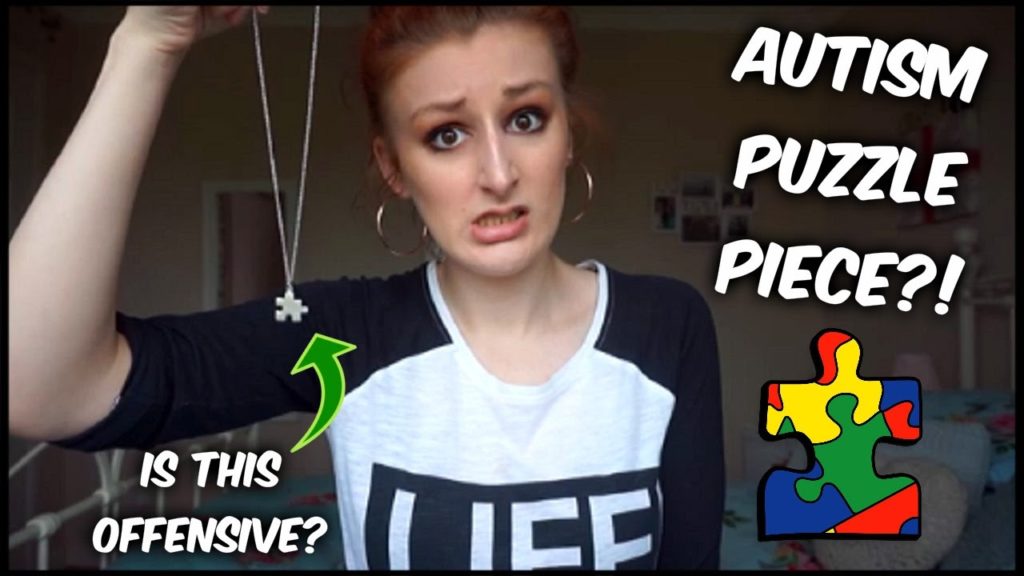Children with both autism spectrum disorder (ASD) and attention-deficit/hyperactivity disorder (ADHD) are at increased risk for being diagnosed with or treated for anxiety and mood disorders, according to a study published in Pediatrics today. The study, completed by the Interactive Autism Network (IAN), is one of the largest to compare comorbidities in individuals with ASD alone to individuals with ASD and ADHD. For the study's findings, researchers from Kennedy Krieger Institute examined the data of a cross-sectional, network-based survey of children ages 6 to 17 years with ASD who were enrolled in the Interactive Autism Network, between 2006 and 2013. Of the 3,319 children in the study, 1,503 (45.3%) had ADHD. The survey data were analyzed for parent-reported diagnosis and/or treatment of ADHD, anxiety disorder, and mood disorders. Children with ASD and ADHD had more than twice (or 2.2 times) the risk of anxiety disorder and 2.7 times the risk of other mood disorders. Researchers also found that these psychiatric conditions were more prevalent in older children.
Read more here





